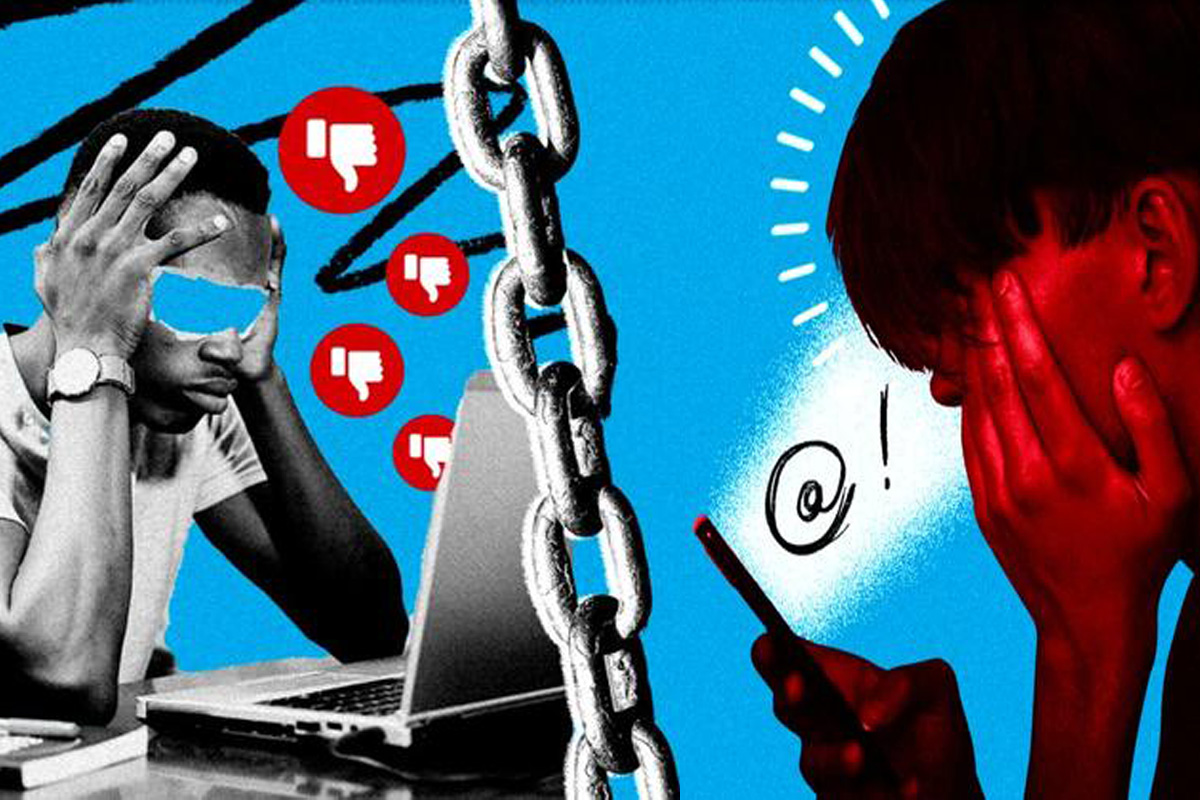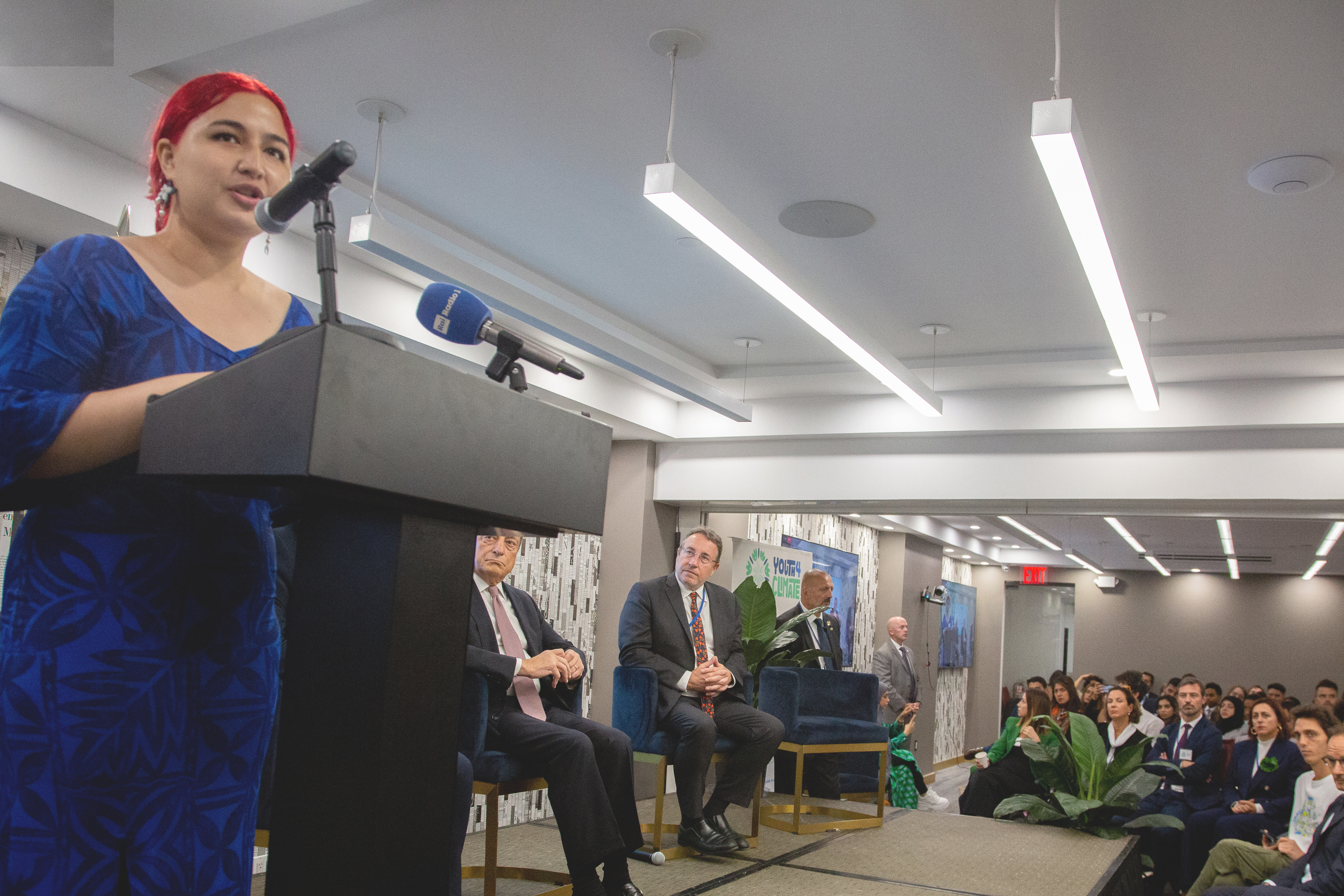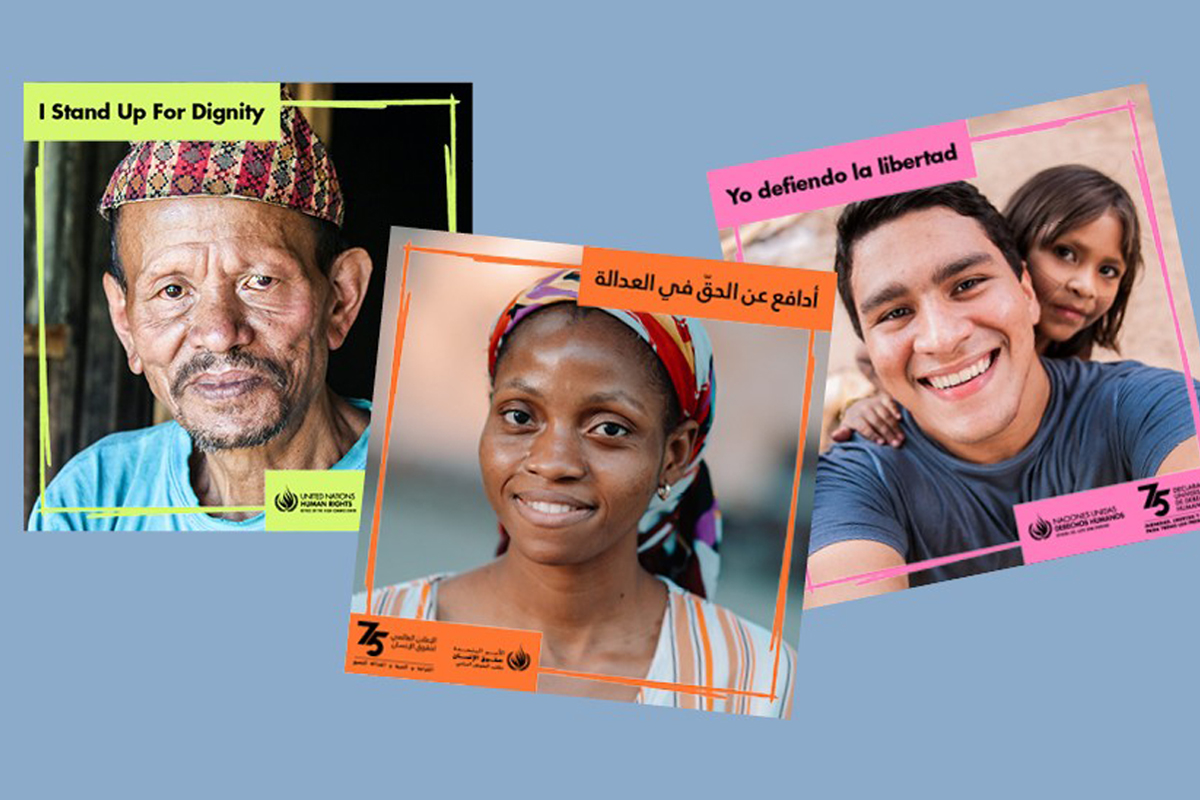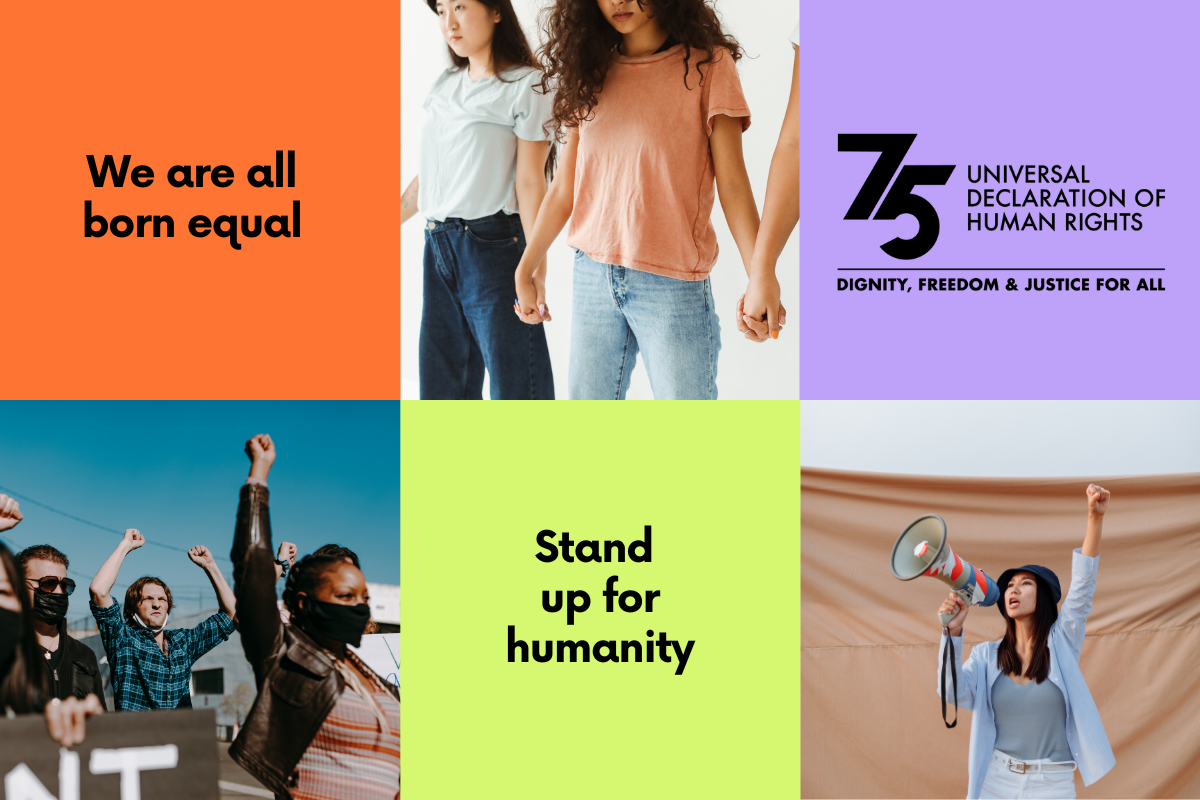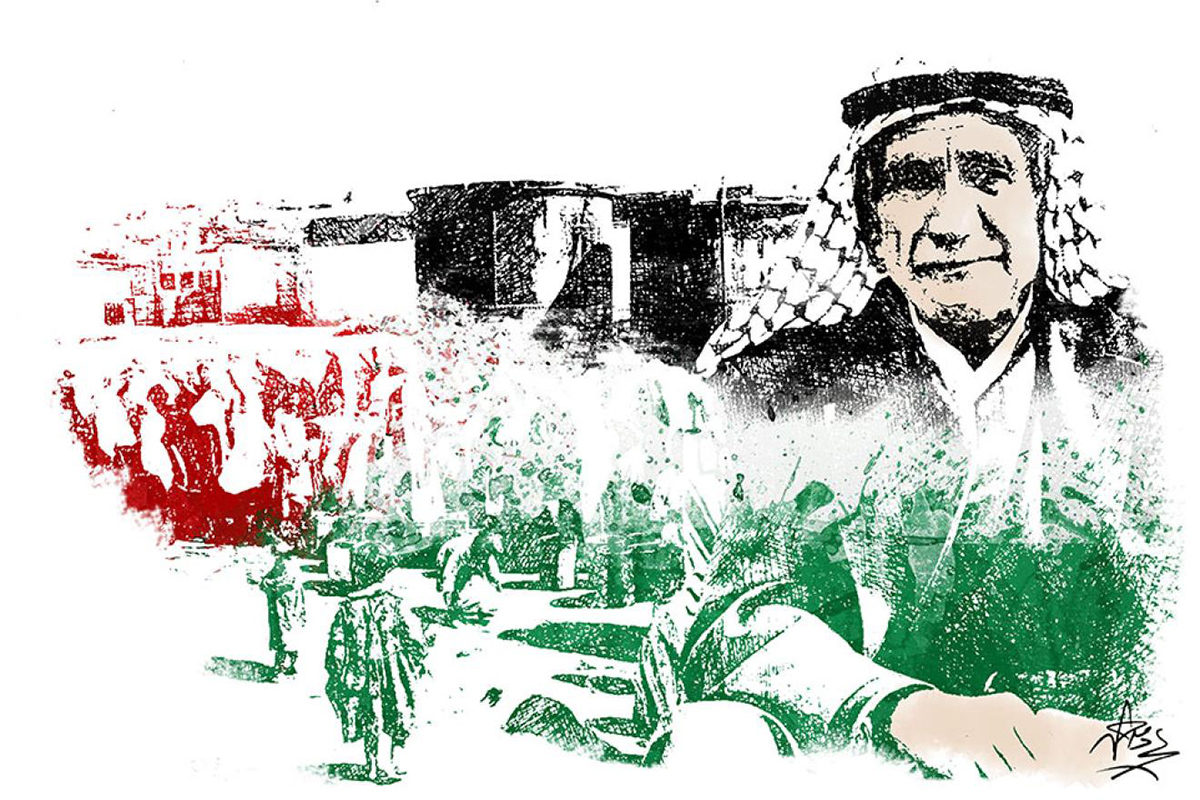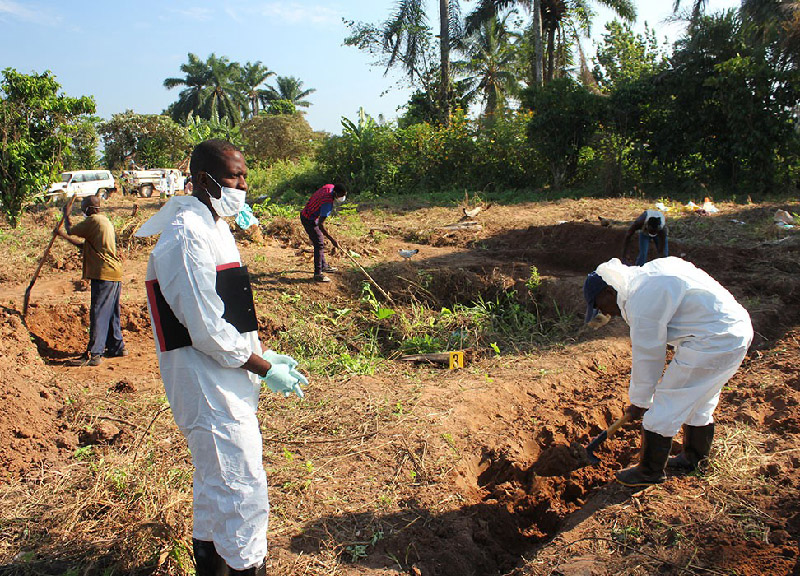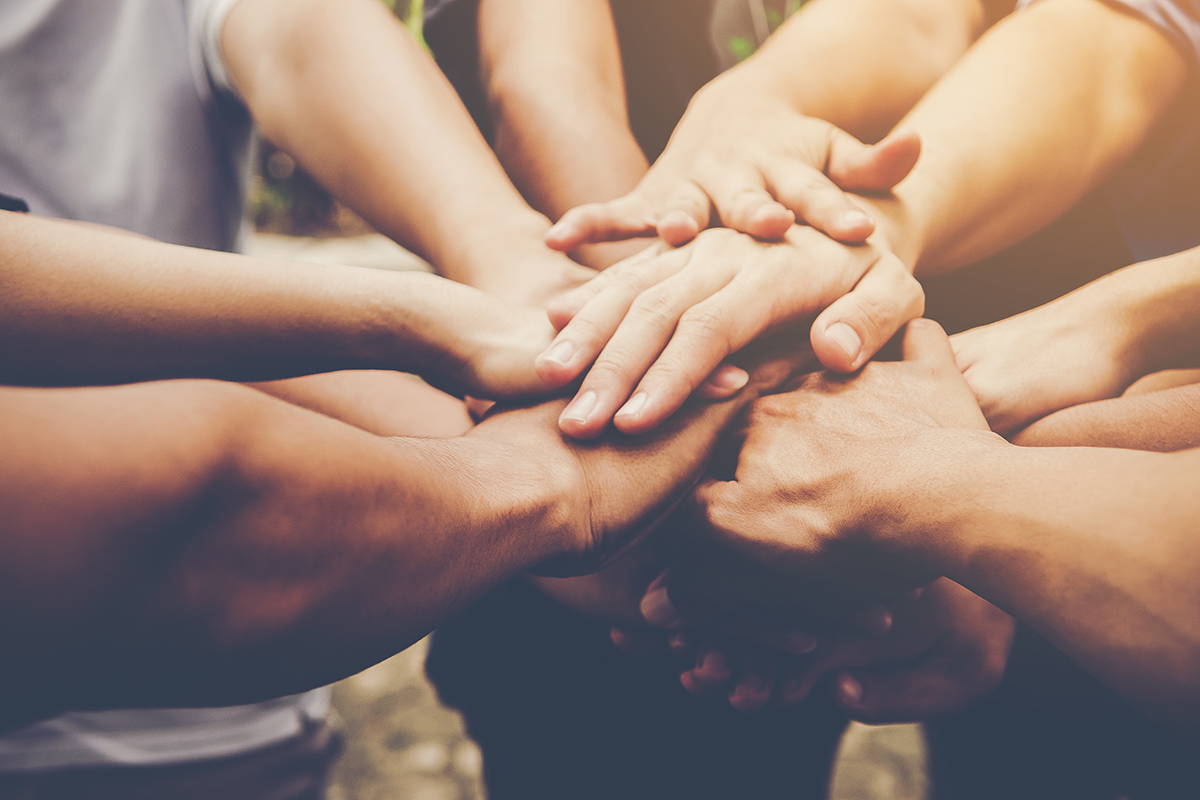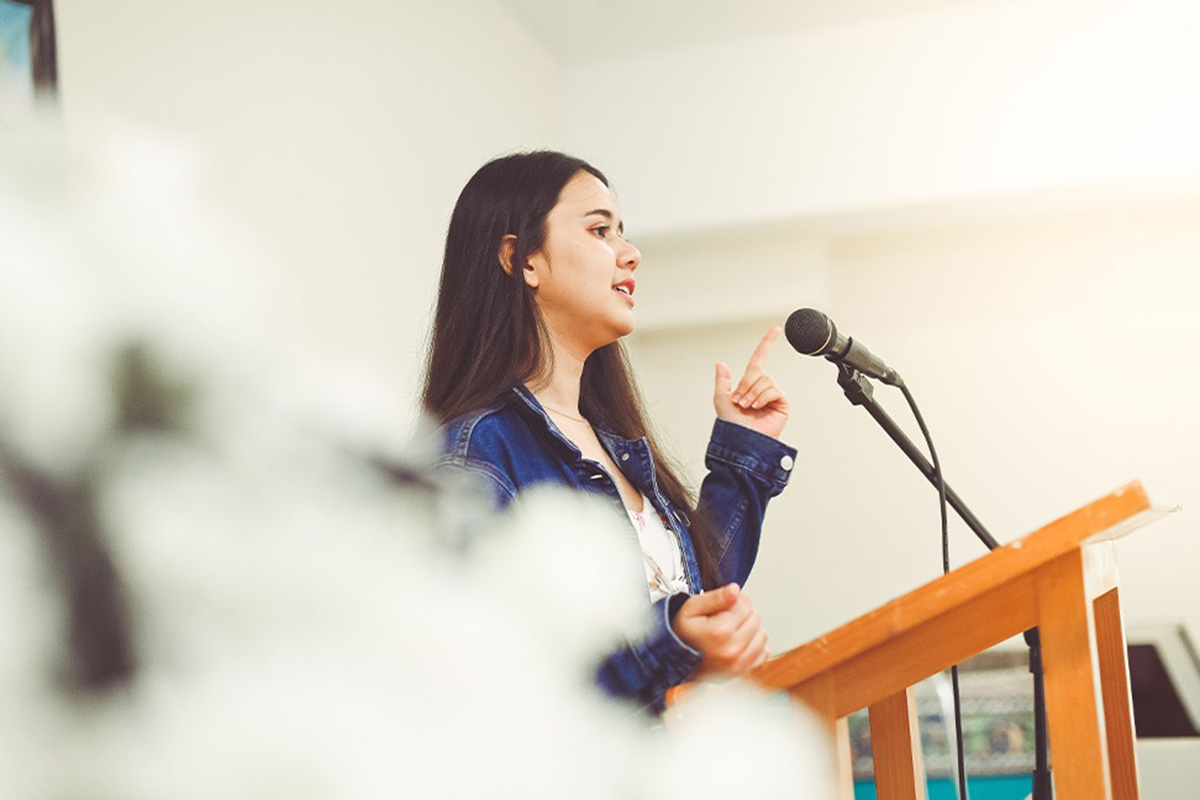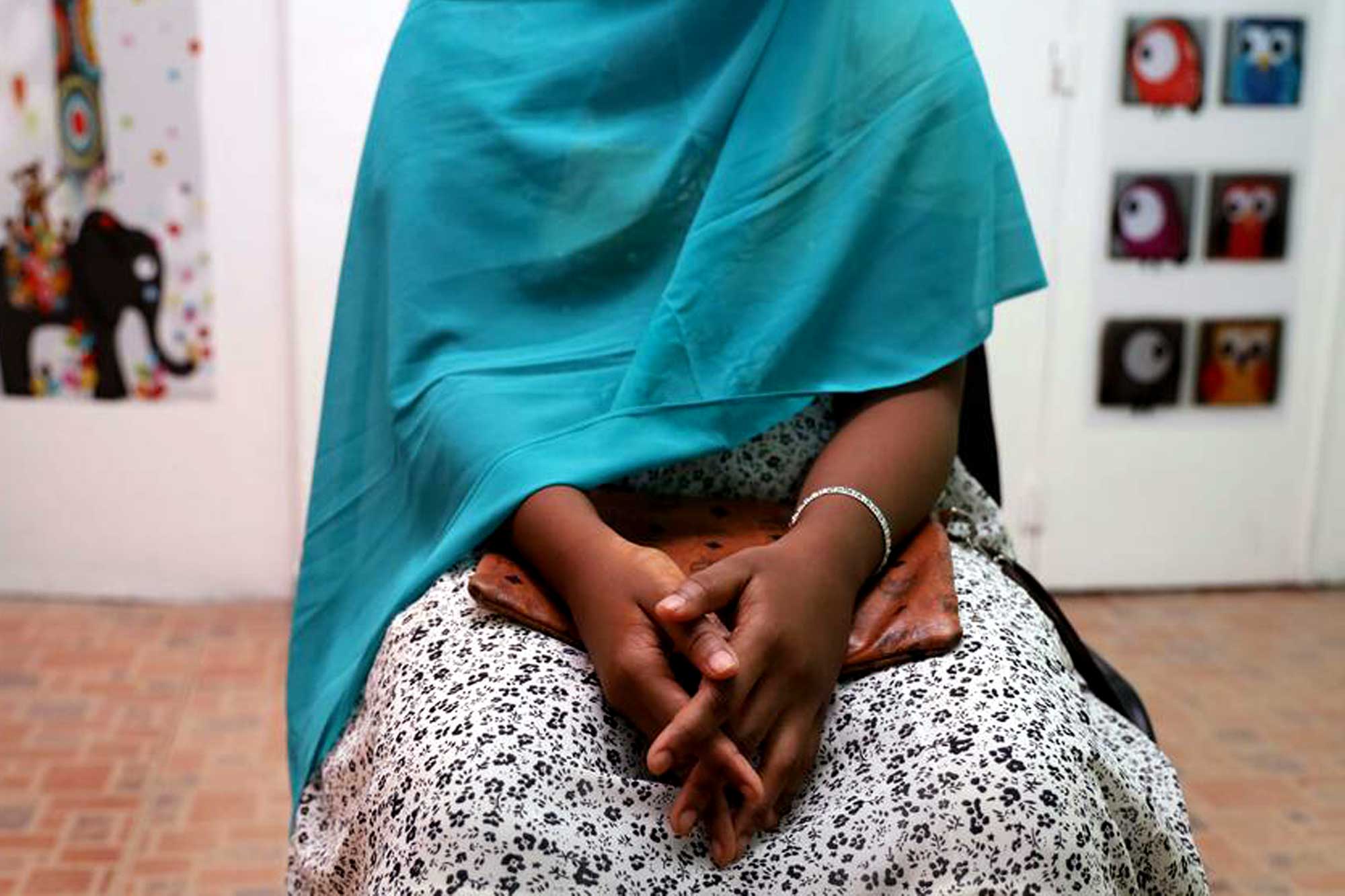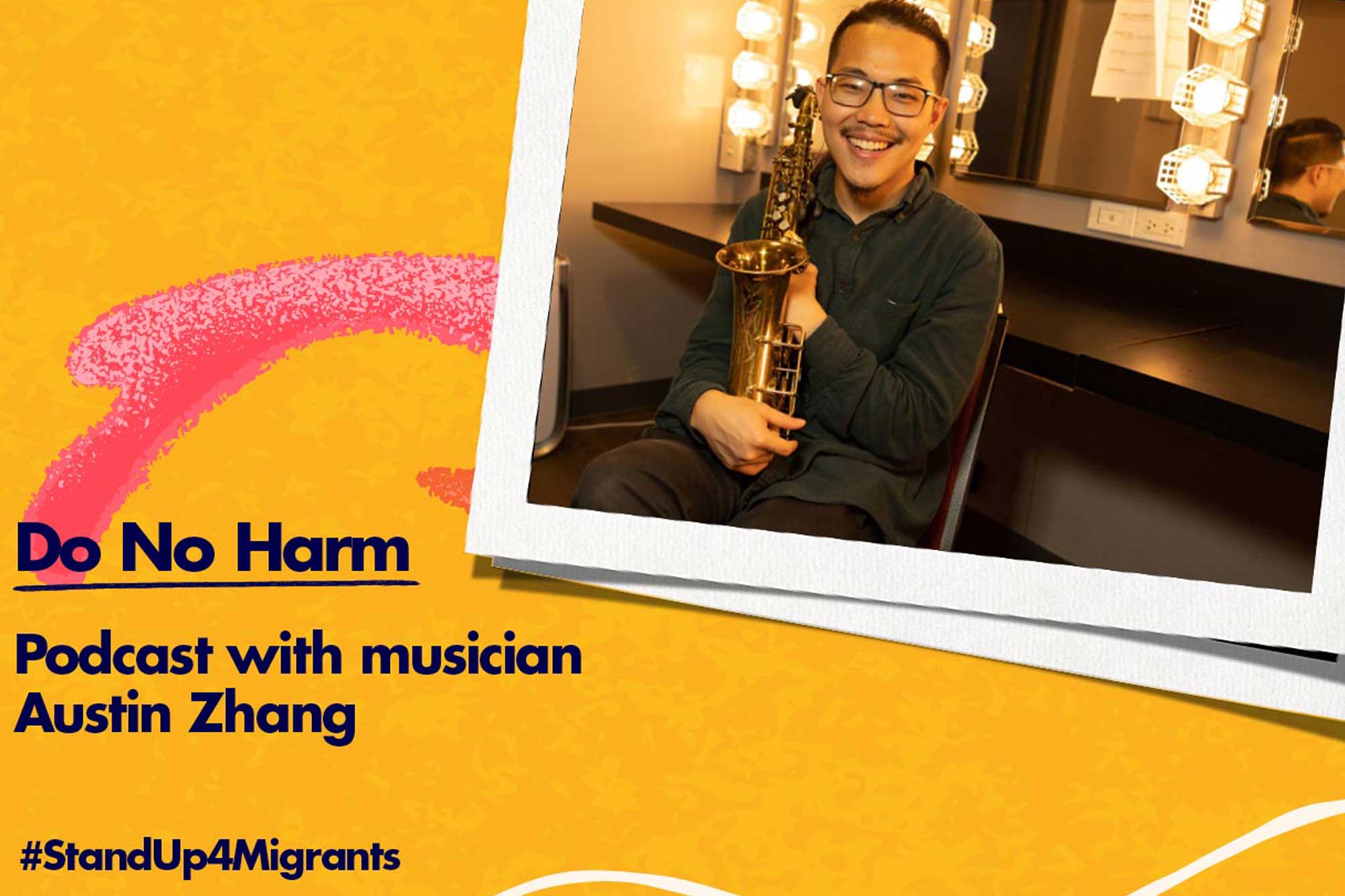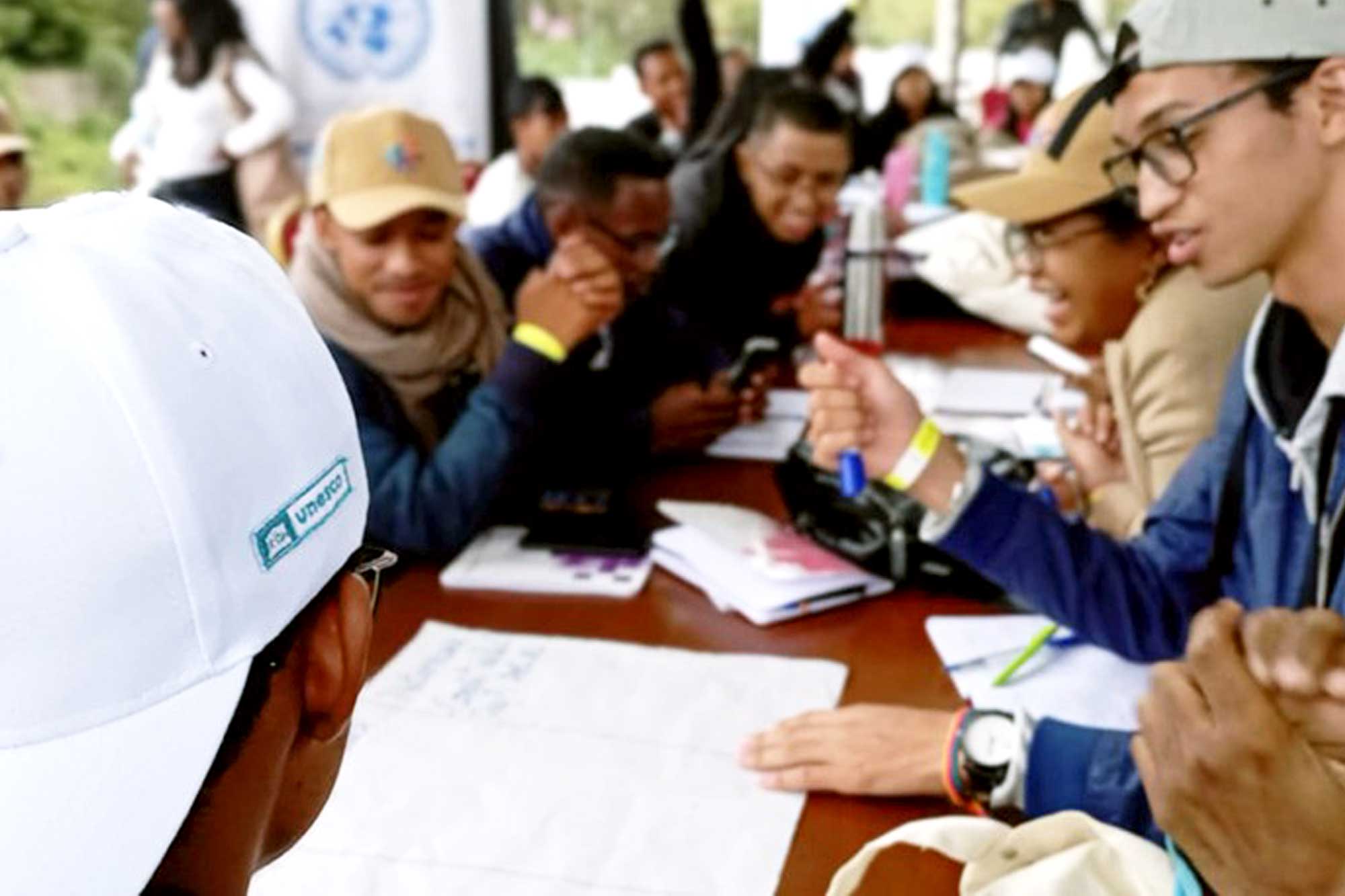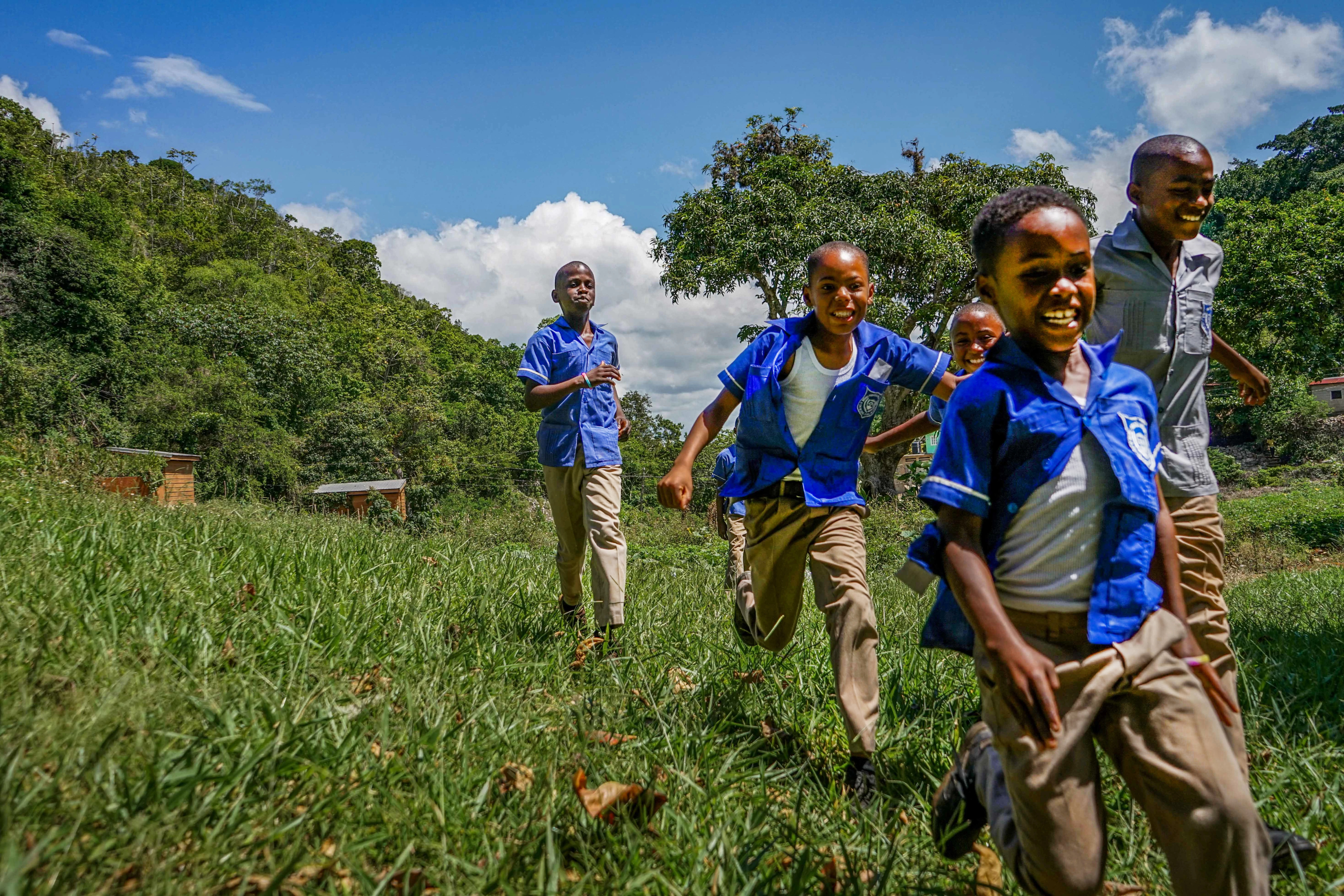The devastating effect of hatred is sadly nothing new. However, its scale and impact are now amplified by new communications technologies. Hate speech – including online – has become one of the most common ways of spreading divisive rhetoric on a global scale, threatening peace around the world. In UNiting Against Hate, a new eight-part United Nations podcast, we will show how hate speech manifests itself in different parts of the world, showcasing the work of activists who are bringing about positive change. Find out more about the UN's #NoToHate campaign.
This year the United Nations General Assembly agreed that all people have the right to a clean, healthy and sustainable environment. The new universal human right has been confirmed, giving activists across the world new tools in their fight against the devastating effects of climate change and biodiversity loss. It comes at the same time as the UN Biodiversity Conference (COP15) and at the start of a year-long campaign to mark the 75th anniversary of the Universal Declaration of Human Rights, a milestone in human history.
On Human Rights Day (10 December), UN Human Rights will launch a year-long campaign to promote and recognise the 75th anniversary of the Universal Declaration of Human Rights (UDHR 75), which will be celebrated on 10 December 2023. The year-long campaign will showcase the UDHR by focusing on its legacy, relevance and activism using the slogan, “Dignity, Freedom, and Justice for All.” The UDHR 75 campaign will promote the universality of human rights and empower everyone, especially young people, to stand up for human rights.
The Universal Declaration for Human Rights (UDHR) consists of the fundamental human rights and freedoms to which all of us, everywhere around the world, are entitled. It guarantees our rights without distinction of nationality, place of residence, gender, national or ethnic origin, religion, language, or any other status. This year's Human Rights Day (10 December) launches a year-long campaign to showcase the 75th anniversary of the UDHR by focusing on its legacy, relevance and activism. Join us in promoting the day by sharing digital resources on your social media or learn how to take action.
Gender-based violence is one of the world’s most pervasive human rights’ violations. Every woman in every part of the world deserves to live without fear, threats and violence. UNFPA is taking action to prevent, respond to and address gender-based violence (GBV) in more than 150 countries.
The Question of Palestine has been on the agenda of the United Nations since the Organization’s earliest days. Yet, despite all efforts, this question remains unresolved and continues to require urgent attention from the international community. On this International Day of Solidarity with the Palestinian People, learn more about the history of the issue, from the origins of the Palestine problem, to the granting of Observer State status by the General Assembly. You can also watch live the UN Palestinian Rights Committee Special Meeting starting at 10:00 a.m. EST.
In March 2017, the Human Rights Council expressed its concerns at the human rights crisis in the Greater Kasai in the DRC and the need to bring the perpetrators of serious human rights violations to justice. The violations committed in the region included massacres of civilians, who were buried in numerous mass graves. In June that same year, a Technical Assistance Team was set up by the Council and was deployed to Kananga, Kasai Central Province. In October 2021, the team’s mandate was expanded to cover the entire national territory of the DRC.
Tolerance is respect and appreciation of the rich variety of our world's cultures, our forms of expression and ways of being human. Tolerance recognizes the universal human rights and fundamental freedoms of others. People are naturally diverse; only tolerance can ensure the survival of mixed communities in every region of the globe. On this International Day for Tolerance (16 November), the United Nations strengthens its commitment to strengthening tolerance by fostering mutual understanding among cultures and peoples.
ILO, the Federation of Professional Footballers' Associations, and former football star Didier Drogba launched a campaign to raise awareness among young Ivorian football players of the risks of exploitation and human trafficking linked to poorly prepared emigration. The campaign’s objective is also to make young football players aware of their rights and give them useful tools and advice.
This year’s OxFID Global Youth Challenge 2022 focused on the advancement of the implementation of the fourth phase of the World Programme for Human Rights Education. “People cannot protect, defend, and promote something that they do not fully understand,” said Jean Linis-Dinco, the leader of one of the three winning teams, “It is imperative for young people to come together and understand human rights.” UN Human Rights strives to ensure that the work on human rights education is not only conducted for youth, but also with and by youth.
Sexual violence is not inevitable. We cannot allow it to become normalized in any way. This is the story of a 13 year old girl forced into motherhood by rape.
Sometimes, we might unintentionally trigger a harmful narrative on migration. In this episode of the UN Human Rights podcast, #StandUp4HumanRights, we focus on how migration is not one-dimensional and why telling individual stories of migration, which reflect all dimensions of people, can help avoid perpetuating harmful narratives.
Meet Musician Austin Zhang who uses the power of music, harmonizing his saxophone jazz melodies with a recording of his mother’s own story of migration, to accentuate the emotions of her story.
“I had to share my mother's story and just to give people that perspective of that side of life and how real it is for many people to this day,” he said. “It was very important to me and also just the gratitude that I have for her and her journey.”
From September 14 to October 2, Little Amal will be walking through all boroughs of New York City. Little Amal is the giant puppet of a 10 year old Syrian refugee girl. Since July 2021, she has travelled over 9,000 km representing all children fleeing war, violence and persecution, each with their own story. Amal has been welcomed at 190 unique events in 85 cities, towns and villages, her urgent message to the world is “Don’t forget about us”. Carrying a message of hope for displaced people everywhere, especially children separated from their families, she is an international symbol of compassion and of human rights.
“With over 50% of the Madagascar population under 20 years of age, the participation of youth in addressing the root causes of conflict is essential if we are to succeed in consolidating sustainable peace,” said Sabine Lauber, Senior Human Rights Adviser for the UN Country Team.
The Rary Aro Mada project - supporting the protection of young human rights defenders and peace builders - has just entered its second phase with the establishment of regional human rights observatories. The main mission of the observatories is to document cases of human rights violations. Among the young people trained by the human rights team in Madagascar under this project are 9 young people, including 5 women, who have been designated as coordinators of these observatories.
The International Day for People of African Descent celebrates the diverse heritage and culture of people of African descent and their enormous contribution to our societies throughout history. Yet, around the world, millions of people of African descent are still subject to racism and deeply entrenched and systemic racial discrimination. That is why the United Nations continues to call for the full respect of their human rights and fundamental freedoms, for redress when these are violated, and for formal apologies and reparations for the egregious wrongs of slavery and colonialism.

